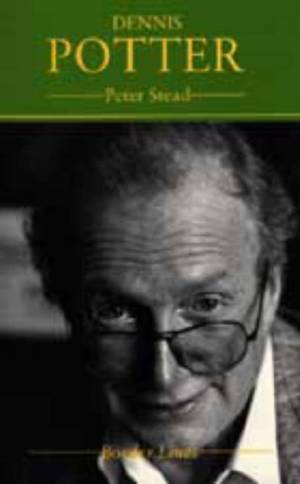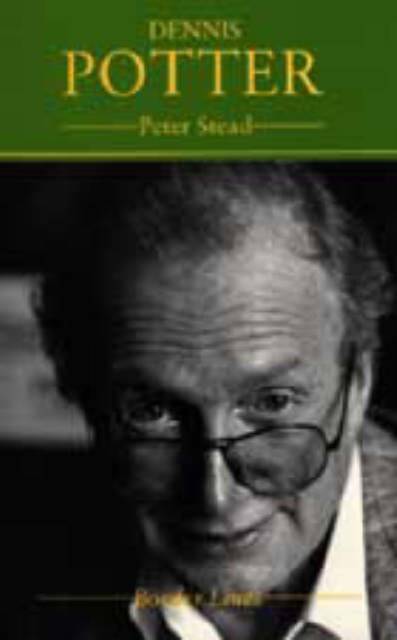
- Afhalen na 1 uur in een winkel met voorraad
- Gratis thuislevering in België vanaf € 30
- Ruim aanbod met 7 miljoen producten
- Afhalen na 1 uur in een winkel met voorraad
- Gratis thuislevering in België vanaf € 30
- Ruim aanbod met 7 miljoen producten
Zoeken
Omschrijving
Dennis Potter is the most gifted and influential playwright in television history. Millions of people have been fascinated by his novels, plays, adaptations and films.
Brilliant Oxford student, journalist, an early television critic, a failed parliamentary candidate, Potter belongs to that generation of the working-class which rose to prominence in the media during the sixties. Seldom less than controversial, Potter's plays have ranged from the lives of Christ and Casanova to dramatic milestones such as Brimstone and Treacle, Pennies from Heaven and The Singing Detective. This pioneering study of Potter's work uncovers a playwright pre-occupied by guilt, betrayal and a society diverted from its traditional values by consumerism. Far from being in the vanguard of sexual liberation and explicitness, a frequent criticism, Potter is concerned with sexual responsibility and integrity in relationships. The source of worth, "Potterland" as Peter Stead terms it, is not modern, media-centred London but the working-class community of his childhood in the Forest of Dean. Potter's challenging body of work is revealed as a continually developing and deeply principled response to the changes of the last thirty years. Peter Stead has written an invaluable introduction to Dennis Potter's work, analysing the major plays and assessing his place in contemporary British culture. A former History lecturer at Swansea University, Peter Stead is now a freelance broadcaster and writer. He is the author of Coleg Harlech (1976), Film and the Working Class (1989, 1991) and Richard Burton: So Much, So Little (1991). For BBC Wales he wrote and presented a television film on How Green Was My Valley (1991) and Dennis Potter (1993).Specificaties
Betrokkenen
- Auteur(s):
- Uitgeverij:
Inhoud
- Aantal bladzijden:
- 148
- Taal:
- Engels
- Reeks:
Eigenschappen
- Productcode (EAN):
- 9781854110718
- Verschijningsdatum:
- 1/08/1994
- Uitvoering:
- Hardcover
- Formaat:
- Genaaid
- Afmetingen:
- 143 mm x 223 mm
- Gewicht:
- 317 g

Alleen bij Standaard Boekhandel
+ 36 punten op je klantenkaart van Standaard Boekhandel
Beoordelingen
We publiceren alleen reviews die voldoen aan de voorwaarden voor reviews. Bekijk onze voorwaarden voor reviews.











